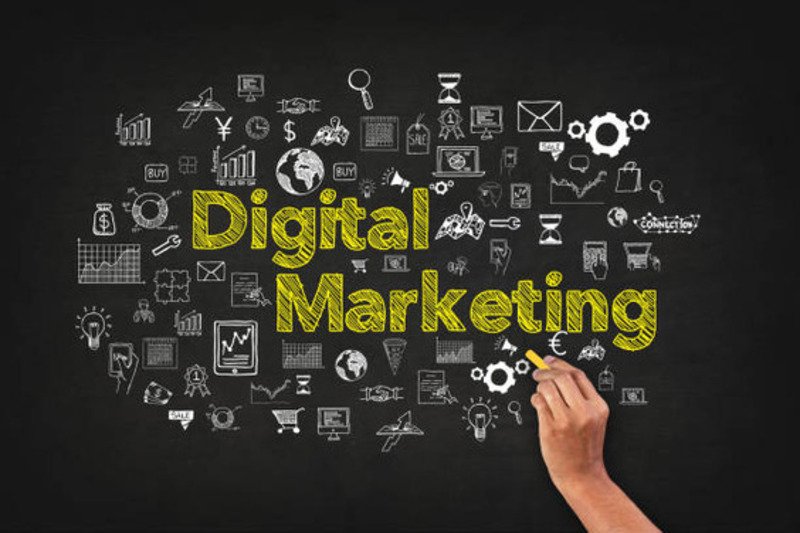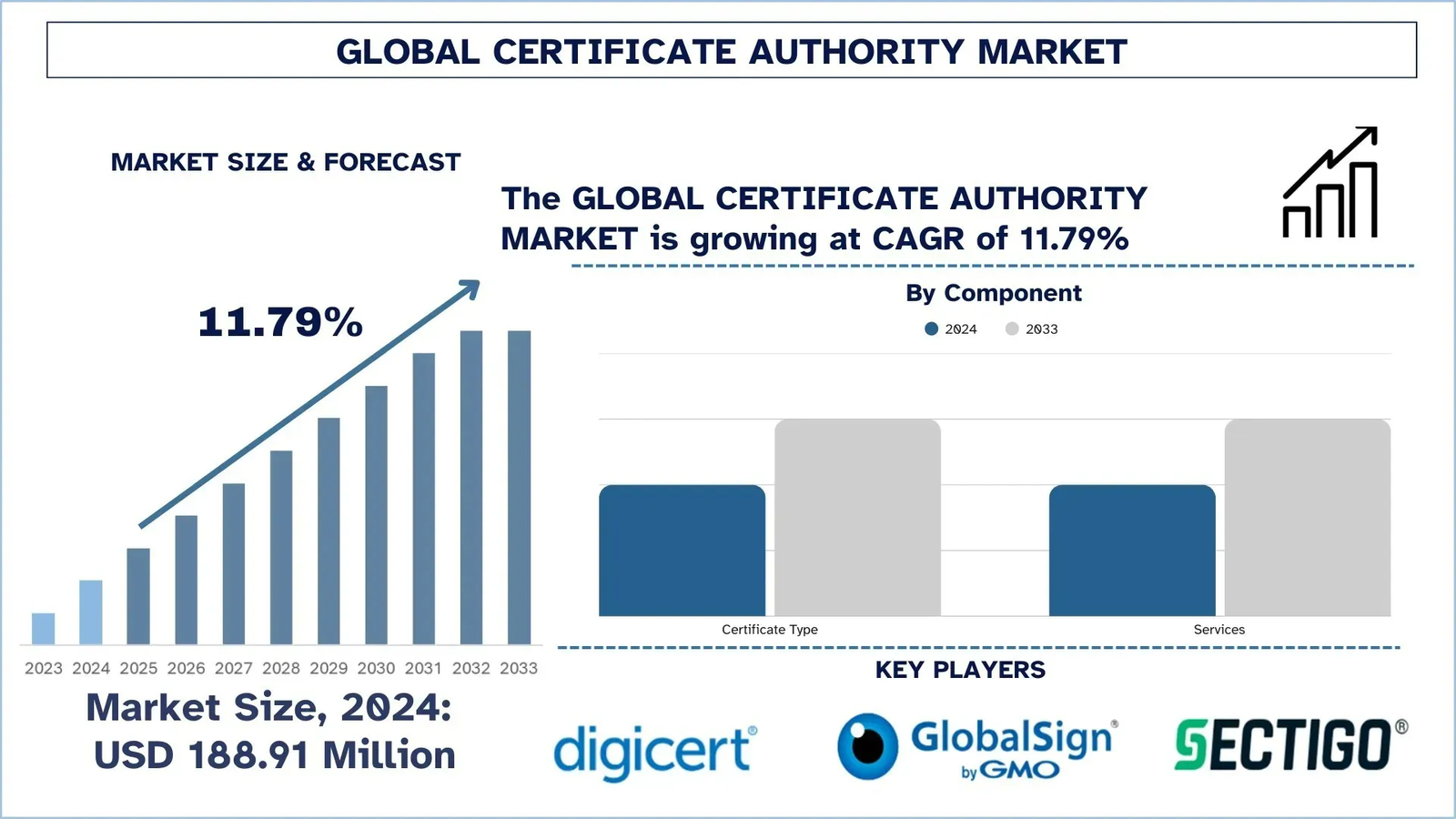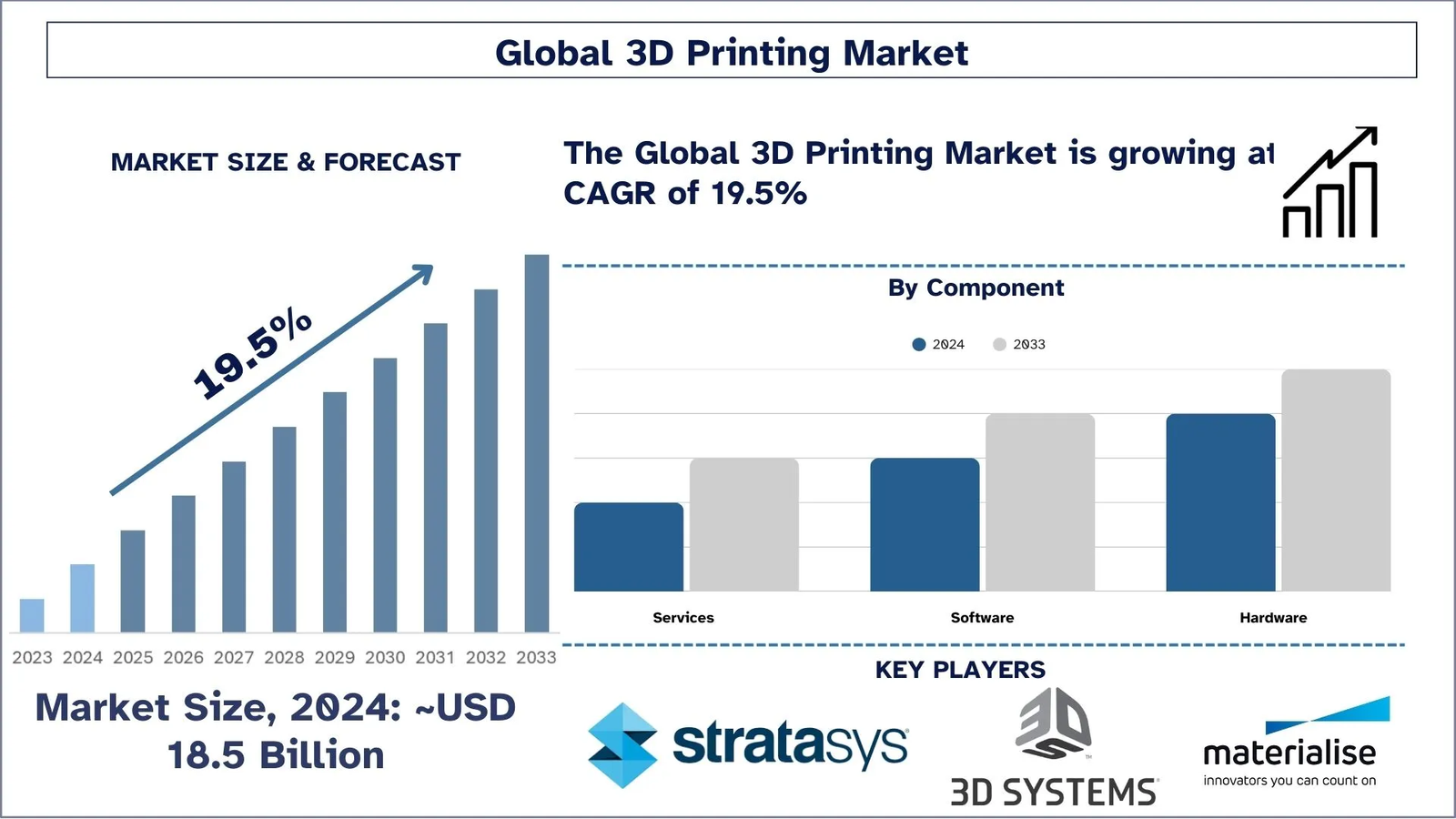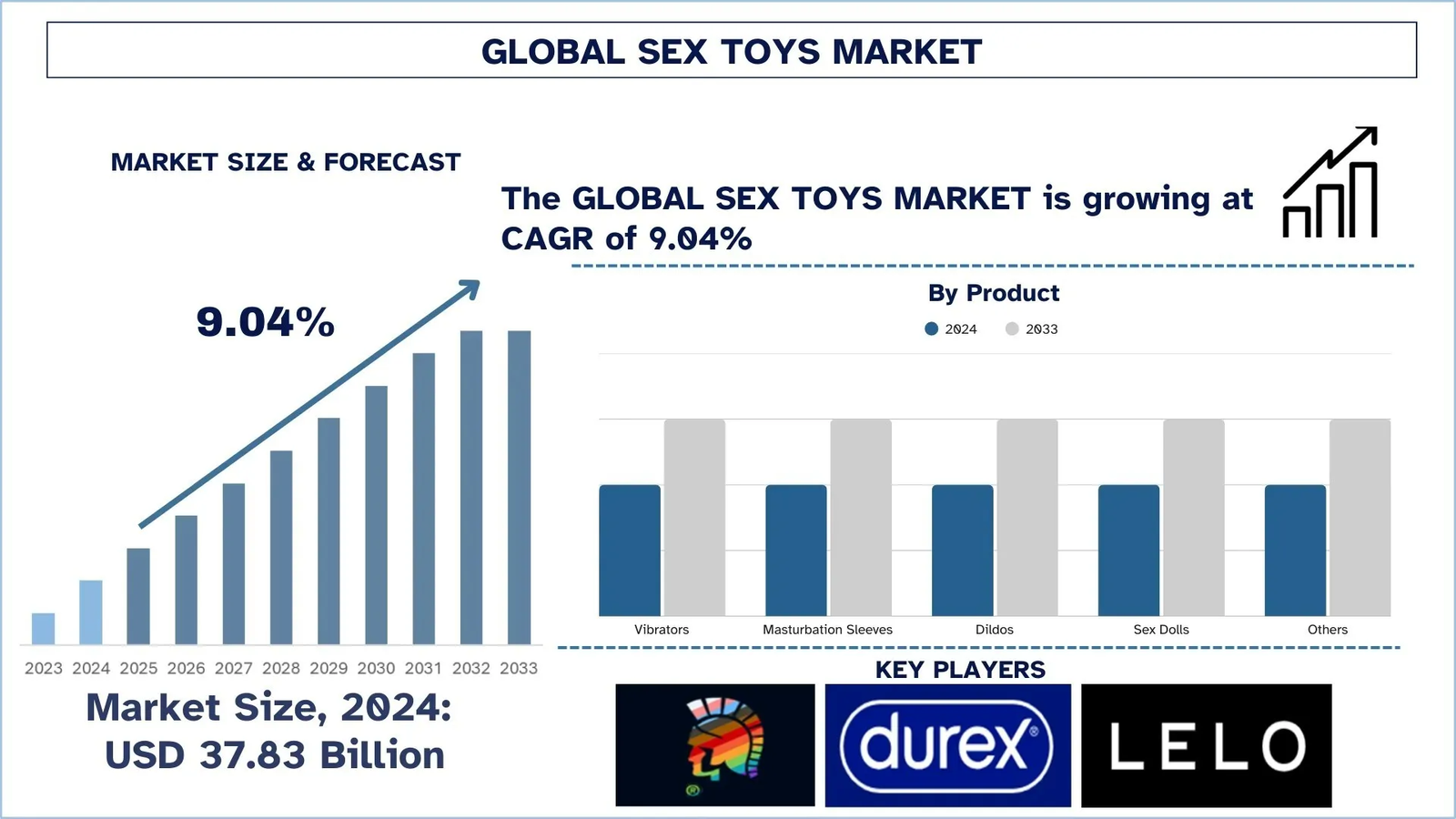When running a business, research lab, or manufacturing plant, choosing the right chemical supplier is crucial. The quality of the chemicals you use impacts everything from product quality to safety standards. A reliable supplier ensures that you get consistent, high-quality chemicals that meet your needs. So, how do you identify a reliable high-quality chemical products supplier? Let’s explore the key factors to consider in this process.
Why Is It Important to Choose the Right Chemical Supplier?

Before diving into how to identify a reliable supplier, let’s understand why it’s so important to choose the right one.
Key Reasons to Choose the Right Supplier:
- Quality Assurance: The quality of chemicals directly impacts your products and processes. Using substandard chemicals can cause defects, safety risks, or even project delays.
- Consistency: A good supplier ensures that the chemicals they deliver are consistent in quality, which is essential for long-term projects and business operations.
- Regulatory Compliance: Many industries, especially in pharmaceuticals and food manufacturing, have strict regulations regarding chemical products. A reliable supplier will help ensure you stay compliant.
- Safety: Chemicals can be dangerous if not handled properly. A reliable supplier will provide necessary safety data, handling instructions, and certifications.
With this in mind, let’s explore the key traits that will help you identify a reliable high-quality chemical products supplier.
1. Check for Certifications and Compliance
Why Certifications Matter
One of the first things you should look for when choosing a supplier is whether they have the necessary certifications and comply with relevant industry standards. Certifications are a clear sign that the supplier follows safety, quality, and environmental guidelines. Without these certifications, you could risk receiving substandard chemicals that may not meet safety standards or regulatory requirements.
What Certifications Should You Look For?
Different industries require different certifications, but some common ones include:
- ISO Certifications: The International Organization for Standardization (ISO) certifications, such as ISO 9001, ensure that the supplier follows strict quality management standards.
- Good Manufacturing Practices (GMP): GMP certifications ensure that the chemicals are manufactured in a way that meets safety and quality standards, particularly in industries like pharmaceuticals and food.
- REACH: If you’re dealing with chemicals in Europe, REACH certification ensures that the chemicals meet environmental safety standards.
- FDA Approvals: For chemicals that are used in food, drugs, or cosmetics, look for FDA approval or compliance.
How to Verify Certifications
You can often verify a supplier’s certifications by:
- Requesting copies of their certifications.
- Checking their website for detailed information.
- Asking for documentation that proves compliance with specific regulations.
2. Evaluate Their Track Record and Reputation
Why Reputation Matters
A supplier’s reputation speaks volumes about the quality and reliability of their products and services. A reliable supplier has a history of delivering consistent, high-quality products on time and handling customer issues efficiently. To evaluate a supplier’s reputation, you can do the following:
- Look at Reviews: Customer reviews and testimonials can provide valuable insights into a supplier’s reputation.
- Ask for References: A good supplier should be able to provide references from other companies or research labs they’ve worked with.
- Industry Recognition: Awards or recognition from industry bodies often indicate that the supplier is respected in their field.
How to Evaluate a Supplier’s Reputation
- Check Online Reviews: Look for feedback from other customers who have used their services. While individual reviews may vary, you should get a good idea of the supplier’s overall reputation.
- Ask for Case Studies: A reliable supplier should be able to show you case studies or examples of how they’ve helped other businesses.
- Request References: Reach out to the supplier’s past or current clients and ask about their experiences. This will help you gauge how trustworthy and effective the supplier is.
3. Look for Consistent Product Quality
Why Consistency Is Key
When you’re buying chemicals for your business or research, consistency is critical. If a supplier’s products vary in quality from one batch to the next, it could lead to project delays, defects, or even safety risks. A good supplier ensures that every batch of chemicals meets the same high-quality standards.
How to Assess Product Quality
To assess a supplier’s consistency in product quality, consider the following:
- Product Testing: Ask the supplier for certificates of analysis (COAs) for the chemicals. These reports show the chemical composition and purity, helping you determine if the product meets your specifications.
- Sample Testing: Request product samples to test them yourself. This will help you verify the product’s quality before committing to large orders.
- Batch Tracking: Reliable suppliers track each batch of chemicals they produce, ensuring that every batch meets the required standards. Ask your supplier if they provide batch tracking and testing details.
Key Indicators of Product Quality
- Purity: The higher the purity of the chemical, the better the results it will deliver in your process or product.
- Consistency: A supplier that consistently delivers the same quality of chemicals ensures your projects run smoothly.
4. Assess Their Customer Service and Support
Why Customer Service Matters
Good customer service is essential for a reliable supplier. Issues like delayed shipments, damaged goods, or incorrect orders can happen, and it’s crucial to have a supplier that responds quickly and professionally. A supplier with excellent customer service will help you resolve these issues promptly and ensure minimal disruption to your operations.
What to Look for in Customer Service
- Availability: Does the supplier have a customer service team that is available during your working hours? Ideally, they should be reachable via multiple channels (phone, email, chat).
- Responsiveness: How quickly do they respond to inquiries? A reliable supplier should acknowledge your queries and provide timely updates.
- Problem Resolution: How well does the supplier handle problems? Do they take accountability and offer solutions promptly?
How to Test Customer Service
- Initial Contact: Reach out to the supplier with a question or request and evaluate their responsiveness and helpfulness.
- After-Sales Support: Check if the supplier offers any support after the sale, such as guidance on product usage or troubleshooting.
5. Assess Delivery Times and Flexibility
Why Timely Delivery Is Important
In research and manufacturing, timely delivery of chemicals is essential. Delays in receiving the right chemicals can halt production, delay research projects, or cause missed deadlines. Reliable suppliers always honor delivery timelines and offer flexibility in case of urgent needs.
What to Expect from a Reliable Supplier
- On-Time Delivery: A good supplier has a reputation for delivering products on time, as promised.
- Order Tracking: They should provide a way to track your order to keep you updated on its status.
- Flexible Shipping Options: If your project requires urgent delivery, a reliable supplier should offer expedited shipping options or special arrangements.
How to Assess Delivery Reliability
- Delivery History: Ask the supplier for information on their average delivery times and how often they meet deadlines.
- Shipping Guarantees: Does the supplier offer guarantees regarding delivery times? Do they offer compensation if shipments are delayed?
- Communication: A good supplier will keep you updated throughout the shipping process and inform you of any potential delays ahead of time.
6. Competitive Pricing and Transparency
Why Pricing and Transparency Matter
While price should not be the only factor you consider, it’s important to ensure that the supplier offers competitive prices without compromising on quality. Transparent pricing allows you to avoid hidden fees or unexpected costs down the road.
What to Look for in Pricing
- Clear Pricing Structure: A reliable supplier should offer a transparent pricing structure that doesn’t include hidden fees or extra charges.
- Volume Discounts: Some suppliers offer discounts for bulk orders or long-term contracts, which can be beneficial for ongoing projects.
- Fair Prices for Quality: Don’t focus solely on finding the cheapest supplier. Instead, ensure that the supplier offers the best balance between price and quality.
How to Assess Pricing
- Request Quotes: Ask the supplier for detailed quotes that outline all costs, including shipping, taxes, and handling.
- Compare Prices: Compare the supplier’s prices with others in the industry to ensure you’re getting a fair deal.
- Review Contracts: Before committing to a long-term contract, read through the terms carefully to understand the pricing structure and any additional costs.
Conclusion
Choosing a reliable, high-quality chemical products supplier is critical for ensuring your research, manufacturing, or business operations run smoothly. By focusing on certifications, reputation, product quality, customer service, delivery reliability, and transparent pricing, you can make an informed decision that will benefit your business in the long run.
Remember, the right supplier doesn’t just provide chemicals – they are your partner in success, helping you maintain high standards and achieve your goals efficiently. Take the time to assess potential suppliers carefully, and you’ll ensure your projects succeed with the best chemicals available.
For more insightful articles related to this topic, feel free to visit: Techners.












Leave a Reply